Fortunately, most babies are born healthy. However, it is possible to have your unborn child tested for certain conditions. This type of testing is called prenatal screening.
There are two types of screening available:
-
Screening for chromosomal abnormalities: the NIPT (non-invasive prenatal test). This is a blood test.
-
Screening for physical abnormalities: the 13-week ultrasound and the 20-week ultrasound.
Prenatal screening is not mandatory. It is your personal choice whether or not to do these tests. During your first appointment, we will ask if you would like more information about prenatal screening. If you do, we will discuss it with you in more detail. In this conversation, we will explore what you need in order to make a choice that feels right for you. You can also ask any questions you may have.
To prepare for this conversation, we recommend reviewing the available information in advance. You can find more details (in multiple languages) at www.pns.nl.
NIPT: Screening for Chromosomal Abnormalities
You can choose to have the NIPT (non-invasive prenatal test) if you would like to know during your pregnancy whether your baby may have a chromosomal abnormality. If you choose the NIPT, you will receive information about chromosomal conditions that can have serious consequences for the child’s health, such as Down syndrome.
How does the NIPT work?
With a referral from our practice, you can have the NIPT done from 10 weeks of pregnancy at Amstelland Hospital. The blood test is usually done together with other standard pregnancy blood tests using the digital form from ZorgDomein/Atalmedial. Blood is drawn from your arm.
When you’re pregnant, a small amount of DNA from the placenta (which is almost always the same as the baby’s DNA) is present in your blood. The laboratory can analyze this to look for signs of a chromosomal abnormality.
Results
You will usually receive the results within 10 days. Please note that the NIPT is not 100% conclusive. Sometimes conditions may be present that are not detected with the NIPT. However, if the result shows no abnormalities, you will not need further testing.
Follow-up Testing
If the NIPT result indicates an abnormality, you can choose to have follow-up testing. These tests can give a more definitive answer about whether your child has a chromosomal condition.
For more information about the NIPT, visit www.pns.nl
13-Week Ultrasound
The 13-week ultrasound is a medical examination to detect physical abnormalities in the baby.
In the Netherlands, the 13-week ultrasound is only available if you participate in the IMITAS scientific study, which evaluates the pros and cons of this early screening.
This scan is similar to the 20-week ultrasound. In both cases, the sonographer checks whether the baby has any physical abnormalities.
A physical abnormality means that part of the baby’s body looks different from what is expected. During the 13-week scan, the sonographer looks at the skull, heart, abdomen, arms, legs, and spine. The placenta and the amniotic fluid are also examined.
Because the baby is still small and less developed at 13 weeks, many abnormalities may not yet be visible—though some serious conditions may already be detected.
You can have the 13-week scan between 12 weeks and 3 days and 14 weeks and 3 days of pregnancy.
This scan is performed by specially trained sonographers using advanced ultrasound equipment. You can have the 13-week ultrasound at our practice in Amstelveen or Amsterdam Buitenveldert with Marloes Smidtman or Suzanne van Bloemen. In some cases, the scan is done at an academic hospital based on medical indication.
Learn more about the 13-week ultrasound at www.pns.nl
20-Week Ultrasound
The 20-week ultrasound is also a medical examination to detect physical abnormalities in the baby. You decide whether or not to have this scan.
The 20-week scan is similar to the 13-week scan. The sonographer examines the baby for physical abnormalities.
During this scan, the baby is more developed than at 13 weeks, making it possible to examine in more detail. The sonographer checks the entire body, assesses growth, and examines whether there is enough amniotic fluid.
However, not all abnormalities can be seen, and a normal result is not a guarantee that the baby is healthy. If something unusual is seen or suspected, you will be informed and referred to an academic hospital for further examination. In some cases, follow-up testing will show that there is no cause for concern.
The sonographer can often also see the baby’s sex—but will only tell you if you wish to know.
You can have the 20-week ultrasound between 18 and 21 weeks of pregnancy. The ideal time is between 19 weeks and 19 weeks + 6 days.
Like the 13-week scan, this ultrasound is performed by highly trained sonographers using advanced equipment. It is available at our practice in Amstelveen and Amsterdam Buitenveldert with Marloes Smidtman and Suzanne van Bloemen. In certain cases, it will be performed in an academic hospital.
Learn more about the 20-week ultrasound at www.pns.nl.
Prenatal Screening is Covered
If you are covered by Dutch healthcare, there is no cost for the NIPT or the 13- and 20-week ultrasounds. These screenings are funded by the government.
If follow-up testing is needed, this is covered by your basic health insurance, but it may be deducted from your own risk (eigen risico).
What Else Should You Know?
The results of the screenings are stored in a national information system called Peridos.
You can read more about this at www.pns.nl.
Prenatal screening Based on Medical Indication
Some tests are only performed if there is a higher risk of abnormalities. This could be due to known hereditary conditions in your family or due to an abnormal result from the NIPT, the 13- or 20-week scan.
In those cases, additional testing such as a chorionic villus sampling (CVS) or amniocentesis may be advised to get more certainty.
You can find more information about invasive testing, advanced ultrasound examination, and medical indications for these tests on the website of Amsterdam UMC (Dutch).
Similar subjects




